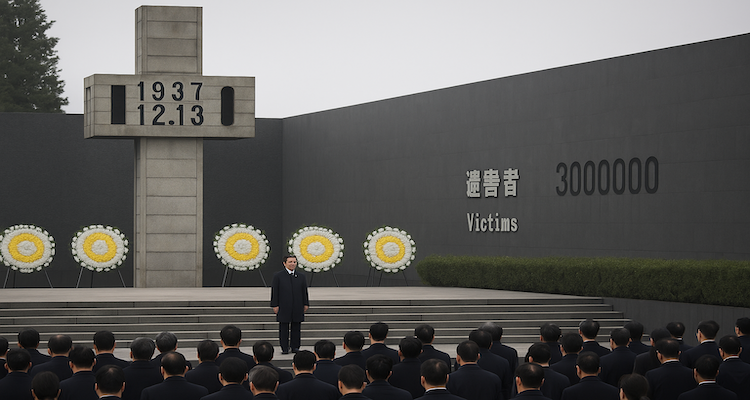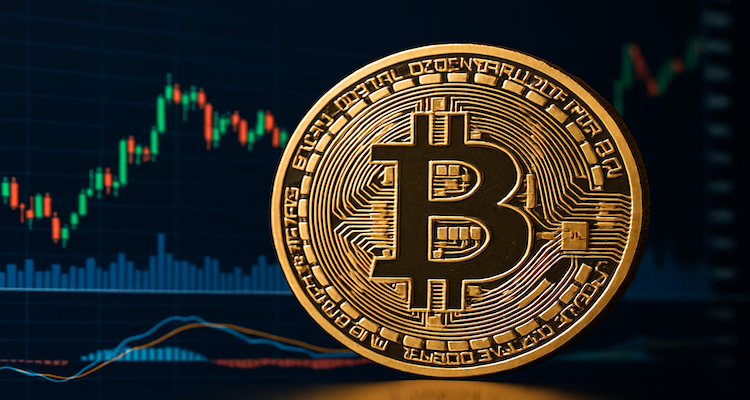Entertainment Today: What Everyone’s Watching and Why It Matters
Discover what’s trending in entertainment today, the cultural impact of popular shows and films, and why audiences are tuning in like never before.
The Shows and Stories Shaping Our Screens — and Society
From binge-worthy streaming dramas to reality television phenoms, entertainment today is not just about what’s popular — it’s about what resonates. Audiences are tuning in for more than escapism. They’re looking for connection, identity, and commentary. What people watch today says as much about the content as it does about the cultural moment we’re in.
A New Era of Viewing: Context Behind the Content
The landscape of entertainment has drastically evolved in the past decade. Traditional network television has given way to a streaming-first ecosystem led by Netflix, Hulu, Max, Disney+, and Amazon Prime. This shift has democratized storytelling, giving rise to diverse voices and unconventional narratives.
Amidst global uncertainty — from economic instability to climate anxieties — viewers are turning to media that reflects their concerns or offers meaningful distraction. Whether it’s dystopian thrillers like Fallout, tender coming-of-age tales like Heartstopper, or reality escapes like The Traitors, audiences crave content that speaks to their emotional bandwidth.
What’s Trending and Why It Matters
1. Social Commentary in Fictional Worlds
Shows like The Bear, Succession, and The Boys offer more than gripping storylines. They tackle economic inequality, toxic work cultures, and the decay of political morality. These narratives allow audiences to explore real-world issues through fictional lenses — a modern form of digesting news and debate.
2. True Crime and Documentary Fever
Docuseries like The Jinx: Part Two and Under the Bridge reflect society’s fascination with justice, ethics, and unsolved mysteries. These programs act as cultural mirrors, prompting conversations on law enforcement, class divides, and media bias.
3. Reality TV’s Unexpected Resurgence
Despite predictions of its decline, reality television is enjoying a renaissance. From dating shows like Love Is Blind to social experiments like The Circle, viewers are drawn to authentic human behavior — or at least the illusion of it.
4. Global Content on the Rise
Thanks to platforms like Netflix and Disney+, Korean dramas (Queen of Tears), Indian thrillers, and Spanish heists (Money Heist) are finding global audiences. This reflects a growing appetite for cross-cultural storytelling and a soft power shift in entertainment influence.
Industry and Audience Voices: Why It’s Striking a Chord
“Streaming services have opened the floodgates for nuanced, genre-blending storytelling,” says Dr. Elena Navarro, a media psychologist at UCLA. “Audiences are smarter than ever. They want content that challenges norms while making them feel seen.”
On social media, the sentiment is loud and clear. Hashtags like #TVTherapy and #BingeHealing reflect how people turn to shows for emotional validation and psychological comfort. TikTok creators are building communities around shows like Bridgerton and Abbott Elementary, decoding their cultural significance in real time.
Critics also note a positive shift: “Diversity is no longer a buzzword — it’s a business model,” says Kareem Daniels, a TV critic for The Verge. “The success of shows led by women, BIPOC creators, and LGBTQ+ voices proves that audiences crave authenticity.”
The Bigger Picture: Cultural and Economic Impact
Cultural Influence
Entertainment content today doesn’t just reflect the culture — it shapes it. From fashion trends inspired by shows like Euphoria to policy debates sparked by documentaries like 13th, media has become a primary agent of social influence.
Economic Ripple Effects
Original content creation is now one of the biggest drivers of employment in entertainment hubs like Atlanta, Vancouver, and Mumbai. However, the industry is also grappling with labor disputes, streaming revenue debates, and the effects of AI on creativity.
Changing Metrics of Success
It’s no longer just about Nielsen ratings or box office numbers. Success today is also measured in virality, meme potential, and community engagement — a shift that has led studios to rethink marketing and production priorities.
What Comes Next: Evolving with the Audience
As platforms compete for attention in a saturated market, viewers are gaining more control. Interactive storytelling (Black Mirror: Bandersnatch), fan-driven renewals (Warrior Nun), and subscriber data-driven renewals are changing how content is produced.
AI-generated content and deepfake actors remain a controversial but looming frontier. Meanwhile, audiences continue to demand transparency, equity, and inclusion both on-screen and behind the scenes.
Conclusion: Why Paying Attention to Entertainment Matters
In today’s media-saturated world, what we watch is no longer a passive choice — it’s a reflection of our values, fears, and hopes. Entertainment has become a powerful tool for empathy, education, and even activism. As stories get bolder and audiences more discerning, the relationship between viewers and content creators is evolving into a more dynamic, symbiotic force.
So the next time you hit “Play,” consider this: you’re not just watching TV — you’re participating in a global conversation.
Disclaimer: This article is for informational purposes only and reflects current entertainment trends as of May 2025. Viewer preferences may vary based on region and access.











